Leicester Market has been a place of social and cultural importance since the 13th century when it became the centre for trade in the area. The first mention of it was in 1298 when a market larger than today’s took place ‘bounded by the city walls and the corn wall’, which was used by horse dealers to display the speed of their animals.
- You can see a statue of Alice Hawkins in Leicester Market, a place where she delivered many of her Suffrage speeches
- She was jailed five times because of the militant action she took while campaigning for the right for women to vote
- Alice worked at Equity Shoes on Western Road, becoming president of the Leicester Independent Women’s Boot and Shoe Trade Union
Leicestershire Women’s Suffrage Society
Alice Hawkins was born in 1863 into a working class family in Stafford. She left school at thirteen to spend her working life as a shoe machinist and she worked for many years at Equity Shoes, Western Road in Leicester. A Blue Plaque has been erected there in her honour. The Equity factory had been formed as workers’ co-operative and actively encouraged workers to participate in political organisations. Alice quickly realised, however, that very little could be achieved through the trade union movement to improve the working conditions for women.
Many Leicester women were involved in the struggle to obtain the vote and became members of the Leicestershire Women’s Suffrage Society which was formed in 1887. Alice Hawkins was a major figure in the movement and in 1907 she attended her first meeting of the Women’s Social and Political Union (WSPU) in Hyde Park, followed by a march the same day to the House of Commons to demand the vote for women. As a result of this action Alice was arrested and imprisoned. The next month, she invited Sylvia Pankhurst to speak in Leicester. Shortly after, a more militant movement was formed in the city when the Leicester branch of the Women’s Social and Political Union was formed.
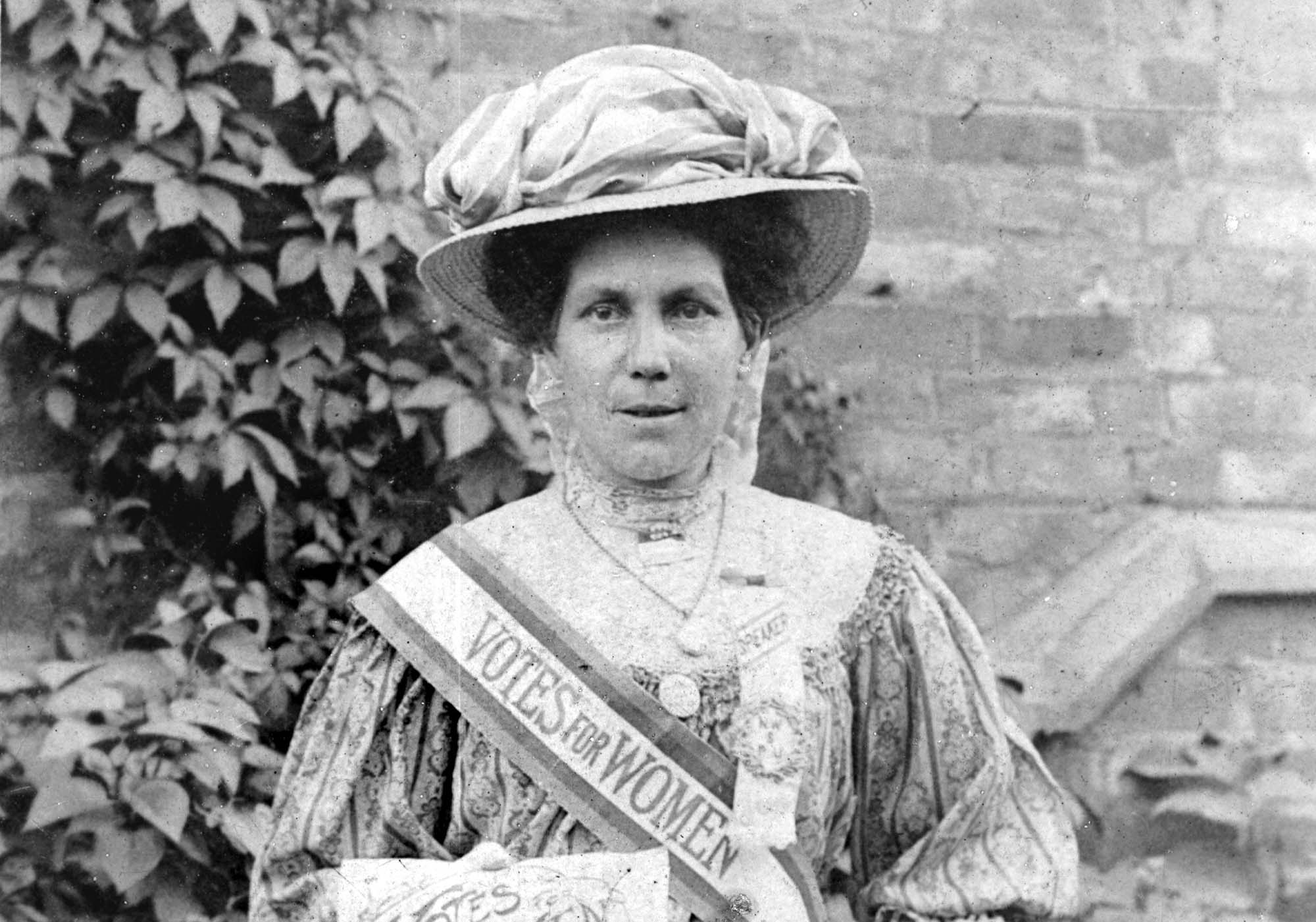
Union president
Alice was the president of the Leicester Independent Women’s Boot and Shoe Trade Union. She went to prison five times over seven years for the militant action she took, including chaining herself to railing, throwing a stone though a Home Office window and making a disturbance when Winston Churchill held a Liberal meeting that the Palace Theatre in Leicester. Suffragette activity ceased at the start of the Great War in 1914 in order to show support for the nation and Alice would never again engage in Suffragette activities although after the war she continued to support the local trade union and the labour movement.
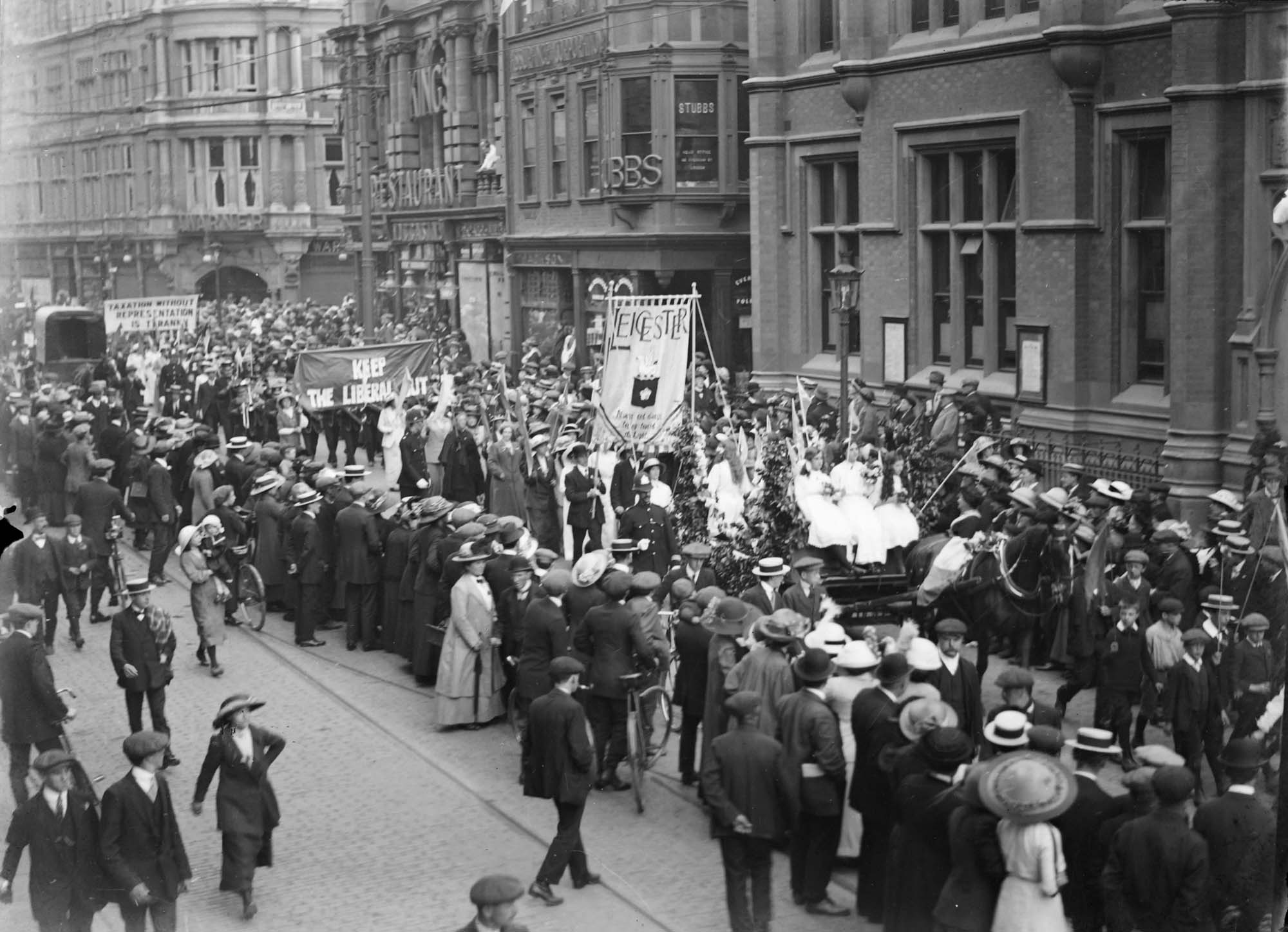
A heroine of modern democracy
Alice Hawkins died in 1946, at the age of 83 and her death was reported on the front page of the Leicester Evening Mail. Alice proved that she was a heroine of modern democracy who spoke out for what she believed in and was a true campaigner for women’s rights.
Alice was buried at Welford Road Cemetery in Leicester.
There is a statue of Alice Hawkins in Leicester Market, a place where she delivered many of her speeches. The statue is dedicated not only to Alice but also to all women who have fought for women’s rights in any way.
You can see a statue of Alice Hawkins in Leicester Market.
Alice Hawkins - A Sister Of Freedom
On the centenary of the second Representation of the People Act, over 400 pupils from Leicester Heritage Schools assembled at the newly erected statue of Alice Hawkins at Market Square in Leicester. To celebrate Alice’s life, and commemorate her struggle for democracy and equality, we recreated events in Leicester during the Edwardian period.
Always and Always Facing Toward the Light
The year-long national celebration marking the centenary of the first British women getting the vote culminated in a spectacular finale in Leicester on March 3rd 2019.
The story of the suffragette Alice Hawkins was brought to life in this event that used large-scale projection mapping to create an unforgettable experience.
Video-mapped imagery projected onto the rear of the Corn Exchange transformed the building, with light, sound and archive footage being used to help tell Alice’s story like never before.
Called ‘Always and Always Facing Toward the Light’ – the motto of the Leicester suffragette movement – the event is supported by funding from the Government’s Centenary Cities fund.
Inspired by Alice’s life, the event also focused on the growth of the suffragette movement and the legacy of the suffragettes’ fight for equal rights, with interviews with women and girls from present-day Leicester bringing the story right up to date.
View the whole show:
Gallery

East Midlands Oral History Archive
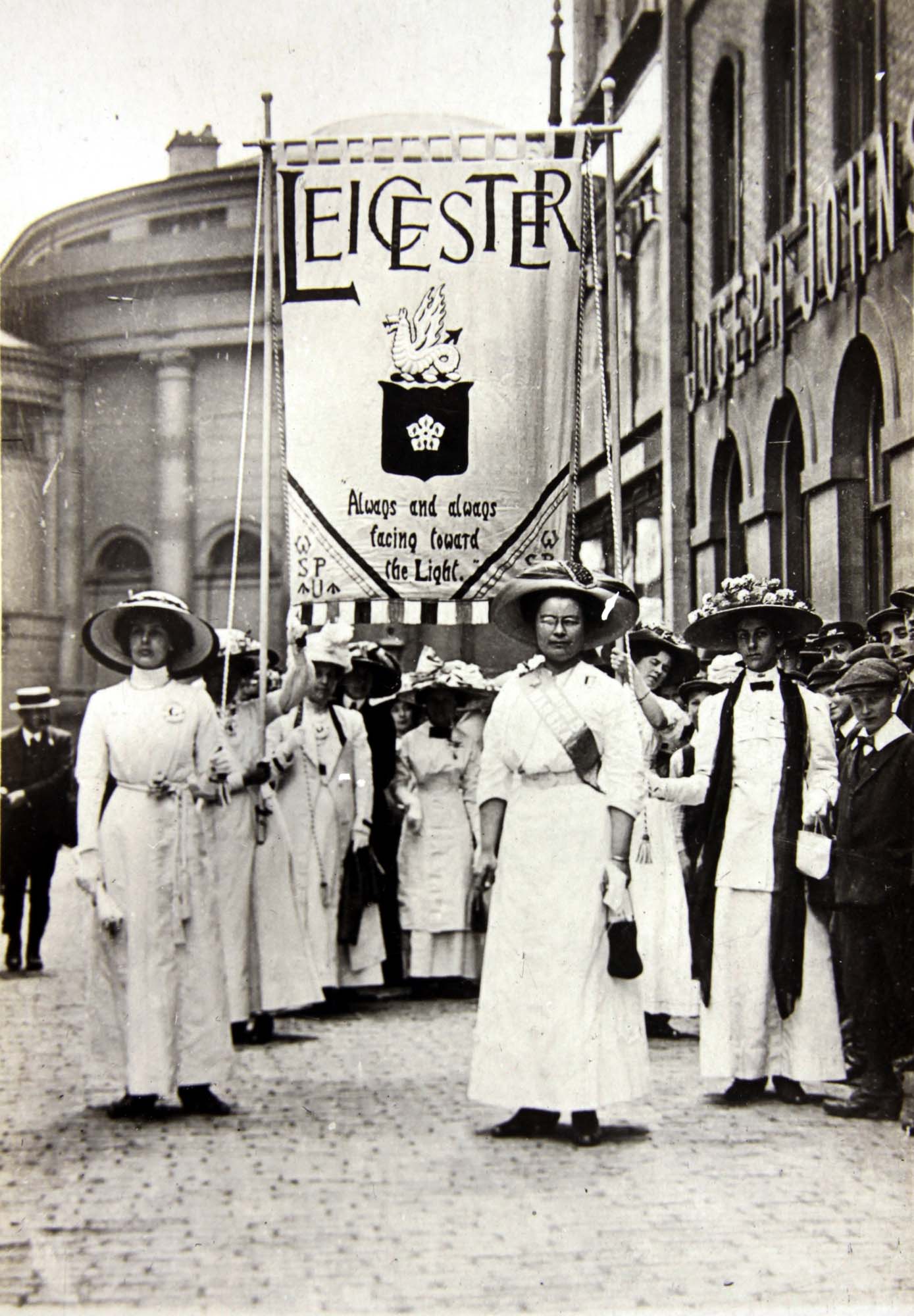
Leicestershire Record Office
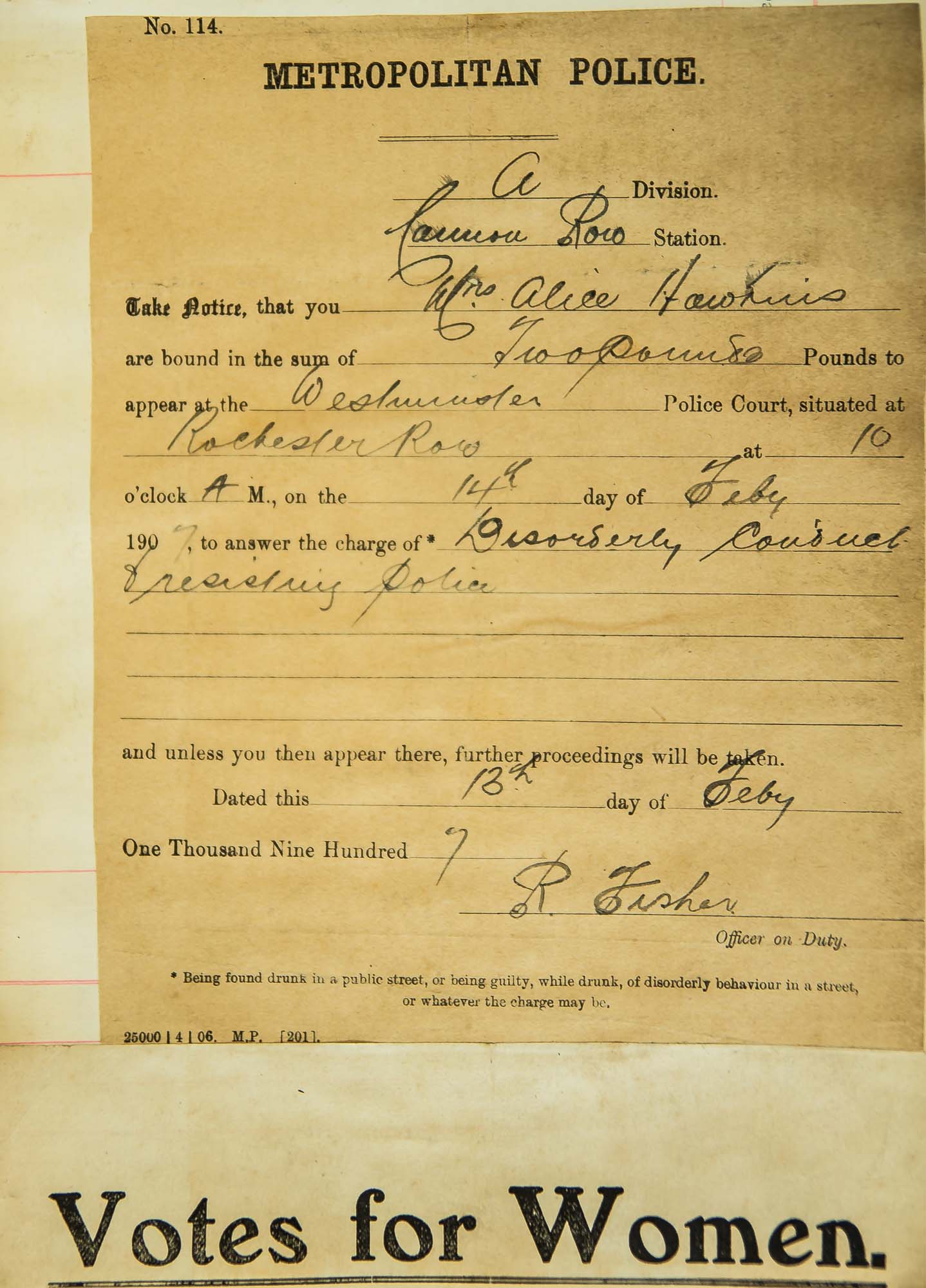
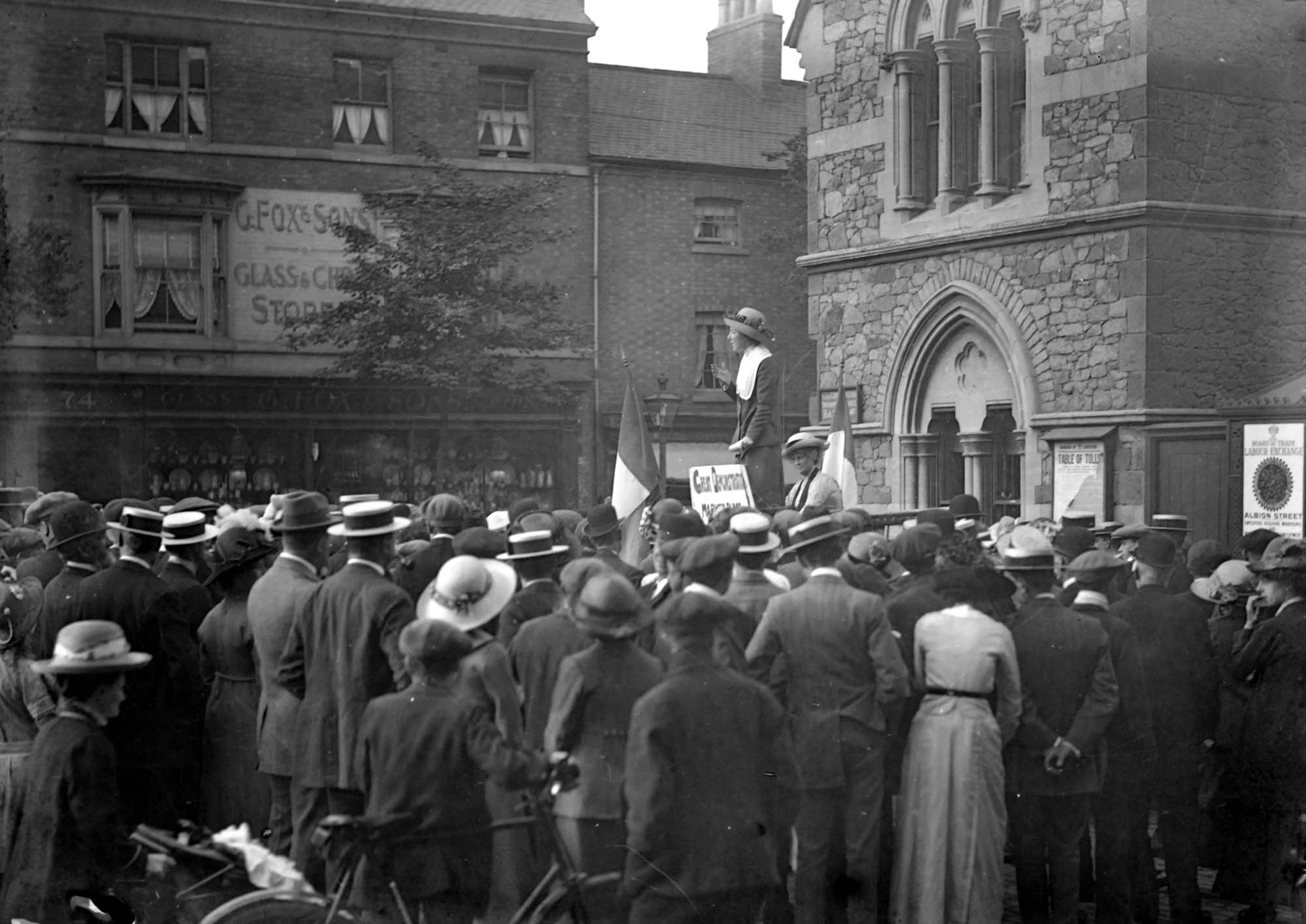
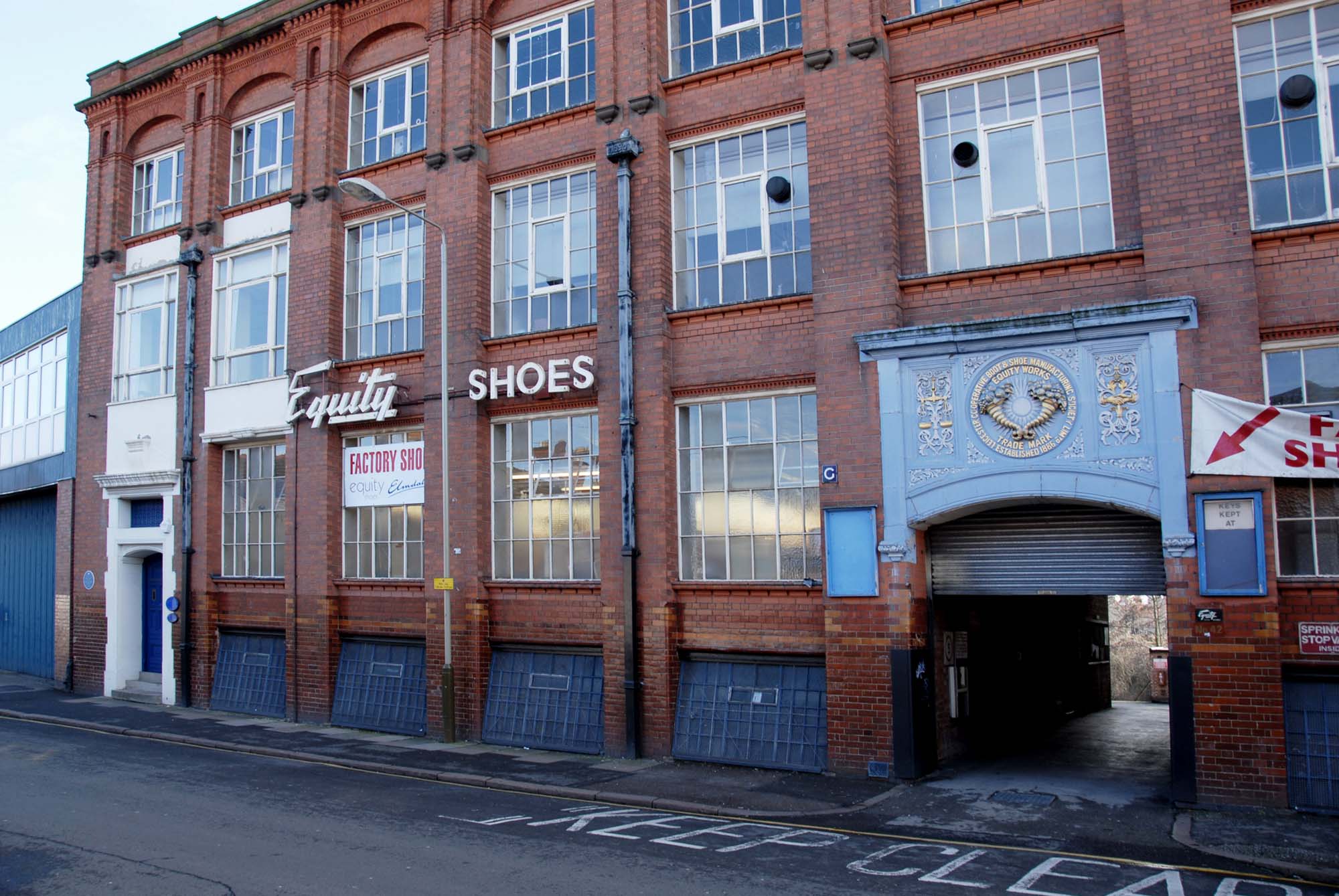

Peter Barratt

Leicestershire Record Office
Alice Hawkins

